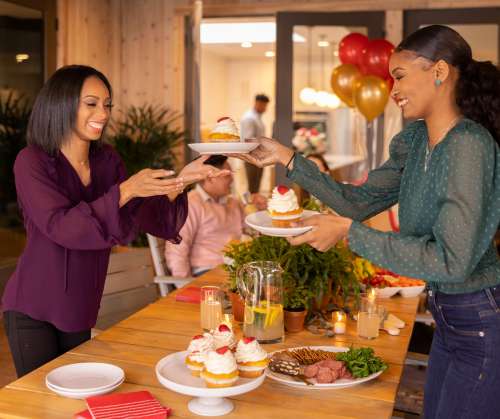Merry Christmas to all.
I would like to ask as many of you fellow ileostomates if you still have your colon, or have you had it removed?
I have had GI issues for a long time, and do not have a colon. The theory here is a part of the small bowel will function as a colon, however, the bacteria are different in the colon than in the small bowel. I am being told that is my problem with the cramping etc I experience on a daily basis.
I also have been told that I could not get rid of these bacteria or it could affect my immune system to the point of death.
I am wondering if anyone else has this problem, and what you are doing about it?
Thanks to everyone in advance for your replies.
Elaine





